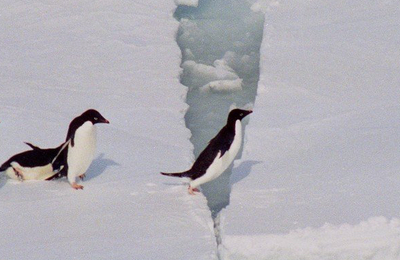
Antarctica gets largest marine protected area on planet
The Commission for the Conservation of Antarctic Marine Living Resources (CCAMLR) agreed to designate the Ross Sea as an MPA at a meeting held in H...
Our termly newsletter contains a wealth of information for today's young environmentalists – as well as their parents and teachers!
In an effort to reduce our paper usage, from January 2006, Conservation Education has become an e-bulletin and we no longer produce printed copies.
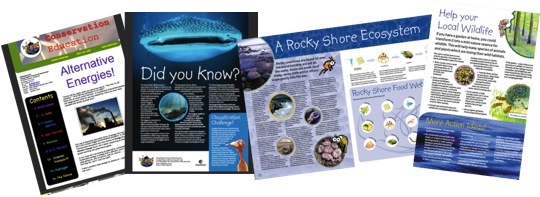

The Commission for the Conservation of Antarctic Marine Living Resources (CCAMLR) agreed to designate the Ross Sea as an MPA at a meeting held in H...
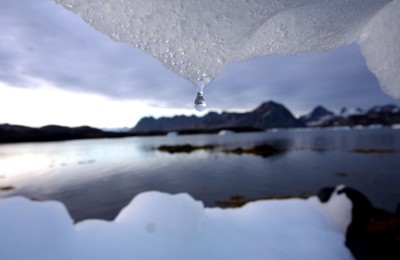
The last time Conservation Education looked at the subject of climate change was in 2006. In the last nine years, like the climate, some of the th...
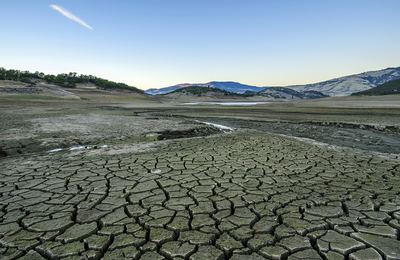
The problem is already here In recent years, we have seen Typhoon Haiyan hit the Philippines in 2013, superstorm Sandy hit New York, New Jersey ...
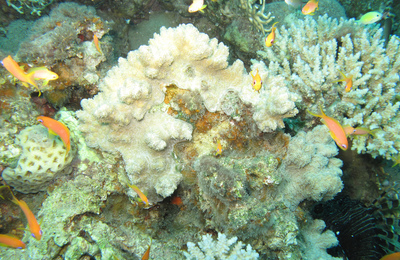
Why are they called ‘fossil’ fuels? Around 165 million years ago, vast numbers of little animals and plants called plankton lived in the world’s...
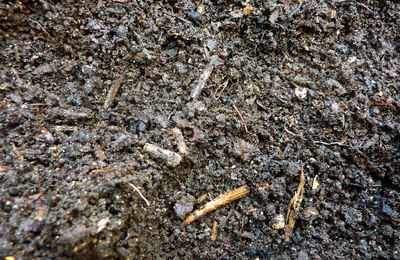
The rubbish we throw away everyday is polluting our Earth. A lot of this rubbish comes from our gardens and kitchens and the good news is that this...
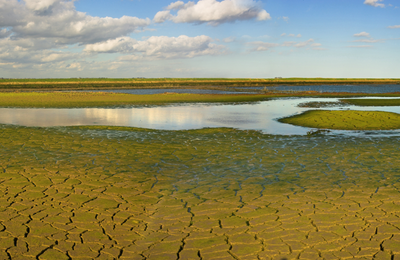
Conservation of nature means the protection of species from extinction or harm. It can include maintaining and restoring habitats, and protecting ...
Welcome to the first new-look issue of Conservation Education, sponsored by Barclaycard as part of the LivingLand programme. LivingLand is Barclayc...
Small Beginnings – During the long, dark days of winter Nature appears to be at a complete standstill. Then the months of February and March bring ...
The Rocky Shore – the coastline of Britain is approximately 10,000 miles in length, and highly varied in nature, with sandy beaches, rocky shores, ...
Deserts are some of the harshest environments on our planet. At first sight, they seem completely hostile to life. Whether hot or cold, rocky or sa...
When I’m out in the field with a group of young people, nothing captures the imagination like a sighting of an animal species.
The world’s urban habitats – the towns and cities - have been around for centuries. The first towns were formed about 9,000 years ago, and since th...
There are over a million acres of private gardens in Britain, not to mention the acres of grounds belonging to schools, city parks, factories, airp...
Spiders - aaaarrrggh! Slugs - yuk! Wasps - ouch! This is many people’s first reaction to the sight or mention of many of our minibeasts. The word ‘...
Picture a pond in your mind. What do you see? Frogs on lily pads and a few ducks a-dabbling? Or shrimps, dragonfly larvae and diving beetles scurry...
The Young People’s Trust for the Environment is delighted to announce that its residential Environmental Discovery Courses will be available in 200...
Have you heard of the Hispid Hare? Or the Northern Hairy-nosed Wombat? How about the Fragile Tree Snail? You may think they are weird and wonderful...
Do you like food? If you do you are not alone! Eating food is very enjoyable, yet is also an important and serious buisness.
Do you like Polar Bears? Well every time you switch on the light you are probably helping them... to become extinct.
Hop, skip, jump, run, slither, slide, glide, fly, swim, burrow, climb, soar, hover, creep, crawl, wiggle – the list of ways animals move is endless...
Every day we throw things in the bin. It could be drinks cans, crisp wrappers, paper, left-over food, broken toys, anything. We usually do it witho...
“Switch off the lights when you leave the room!”, “Turn the TV off standby!”, “Who left the computer on all night?” Does this all sound rather fami...
If you went down to the woods today, would you go in disguise expecting to find bears? What animals do you think you really would find? Perhaps a s...
The world is becoming too full of people - we’re going to have to find another planet to live on! Well not quite, but there are worries concerning ...
20,000 years ago the landscape looked very different. Wooly mammoths and sabre toothed tigers roamed the frozen earth - it was of course the ice ag...
Britain is famous for its changeable weather. We are always talking about it and there is a saying “if you don’t like the weather, wait five minute...
Aaah, the sounds of summer.... sizzling barbeques, squealing children splashing in paddling pools, a distant lawn mower and the song of the inexhau...
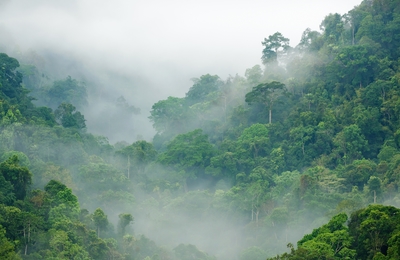
Imagine that you’re in a thick, dark forest. It’s very hot and sticky and the sweat soaks your t-shirt. You can hear the sound of wild animals all ...
Into the deep blue sea....... Look at the earth from outer space and you will see a beautiful blue planet. It’s blue, because an amazing 70% of the...
This issue of Conservation Education represents a departure from our usual format, as normally the publication is written for teachers and is for u...

There has been a lot of coverage in the news recently about a controversial technique for extracting gas and oil from underground.
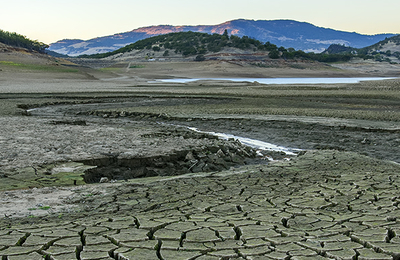
A fresh look at climate change, a subject we last looked at for Conservation Education in 2006. Banner photo by Al Case.

No matter where you look these days, you're likely to spot something made of plastic. It can be shaped in all kinds of ways, it can be really thin...
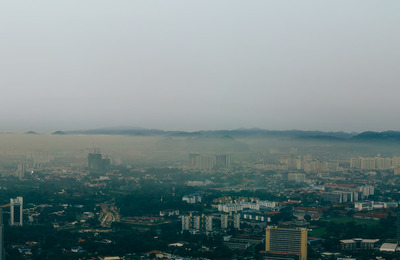
Find out more about the 2015-16 El Nino event, what it is and what effects it causes around the world. Photo by Naz Amir.
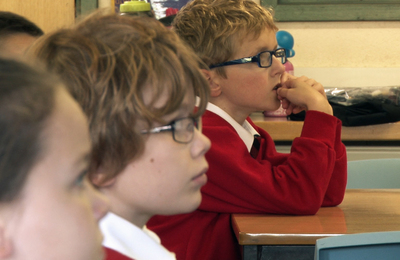
The school talks service is available in person for schools within a 30-mile radius of our office in Yeovil OR on Zoom, Teams etc. for schools anyw...
Written for secondary schools, it provides a detailed analysis of the debate on shale gas and fracking. Download it here.

So, if you’re aged between 5 and 17 and feel you’re doing something that helps the environment, please tell us about it. Examples might include: ...